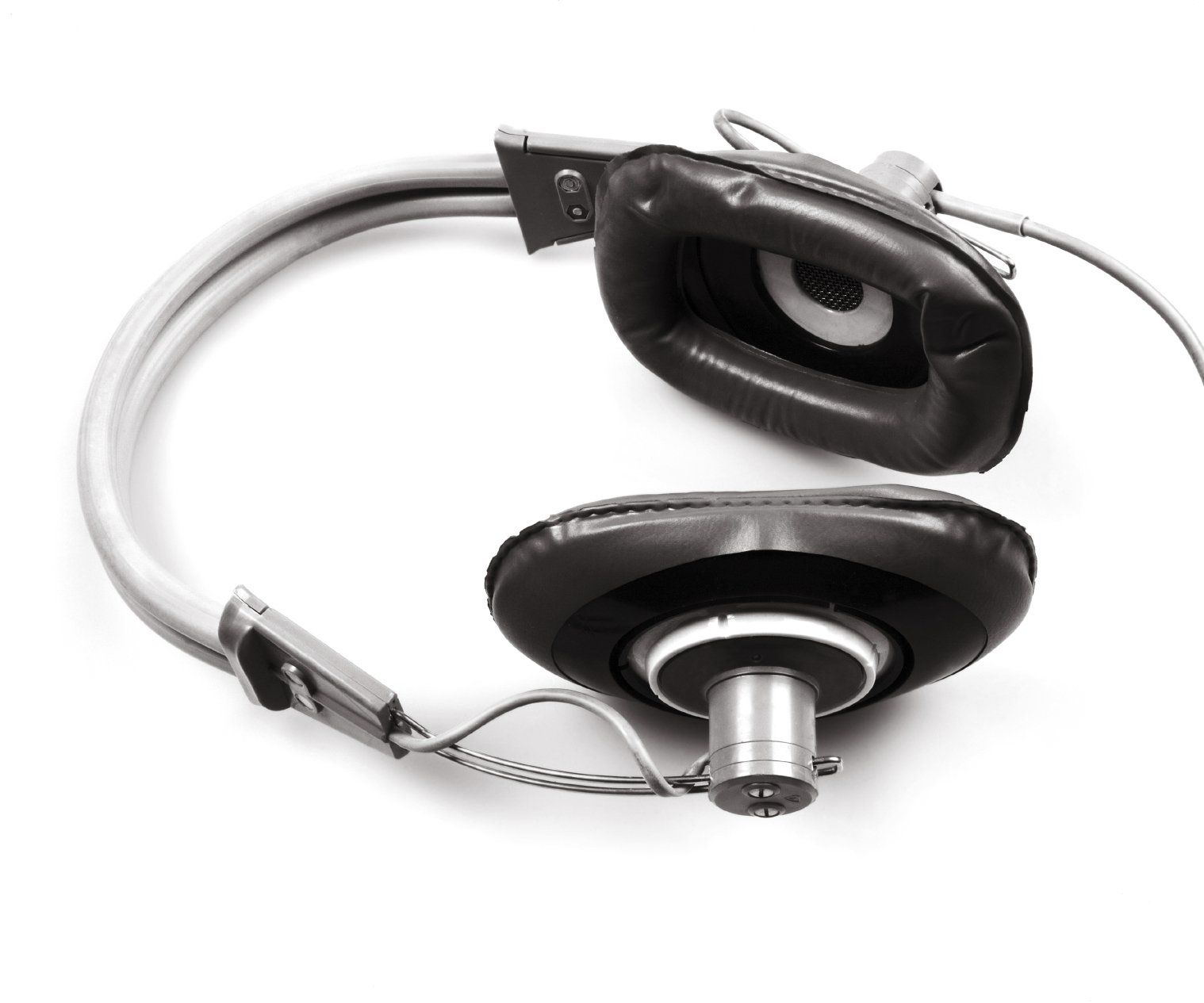Commit to Lifelong Learning
"perpetuam uitae doctrina!"
"Live as if you were to die tomorrow.
Learn as if you were to live forever." Mahatma Gandhi.

Listening to Music is Good for You!
Enrich Your Life! We are here to point you in the right direction and cheer you on.

Lifelong Learning and Brain Health:
The Benefits of Listening to Music
Lifelong learning and brain health go hand in hand, and there are many activities that can help promote both. One of the most beneficial activities for maintaining brain health is listening to music.
Research has shown that listening to music can help improve memory, reduce stress, and even increase creativity.
On this page, we will explore the many benefits of listening to music and how it can enrich your lifelong learning and brain health.

Topic List
- What is music?
- How does music affect the brain?
- What are the benefits of listening to music?
- How can I incorporate music into my life?

FREE ONLINE COURSE:
Offered by: The University of Melbourne
Hosted by: Coursera.com online learning platform
This is a Beginner Level course which spans approximately 26 class hours. You can take this course at your own pace.
Here is the broad course outline:
- How can music influence the body to support fitness and rehabilitation?
- How can music motivate the mind to promote academic achievement?
- How can music reflect the psyche to improve mental health?
- How can music foster intimacy to strengthen relationships?
- How can music enhance connectedness to support communities?
- How can music express culture and honour our diverse societies?
List of Services
-
What is music?List Item 1
Music is a form of art and expression that has been around since ancient times. It is composed and performed with the intention to evoke emotion, evoke memories, and to create something beautiful.
Music is more than just notes on a page, it’s an entire language with its own syntax and grammar.
Music has the power to affect people’s emotions and alter their moods. It can be calming, energizing, and even motivating. Studies have shown that music can help reduce stress and improve mental clarity, leading to greater personal satisfaction. It can also improve cognitive functions such as memory and creativity, while reducing the risk of dementia.
Listening to music can bring a sense of peace and relaxation, enabling us to disconnect from our worries and find solace in its melodies.
Whether used to relax or focus, music has many benefits and can be an invaluable part of a healthy lifestyle.
-
How does music affect the brain?List Item 2
Music has a profound effect on the brain. Listening to music has been proven to improve mood, reduce stress, and promote feelings of personal satisfaction and peacefulness. It can also provide relief from symptoms associated with dementia, depression, and other mental health issues.
Studies have found that listening to classical music may help improve overall cognitive functioning and increase levels of serotonin, the hormone that helps regulate mood.
Music has also been shown to reduce cortisol, the stress hormone, and increase dopamine, a neurotransmitter involved in pleasure and reward. Additionally, research suggests that music can influence our emotions, leading to greater feelings of calm and relaxation.
In short, music can have a significant impact on the brain and can help us cope with mental health issues, improve our overall wellbeing, and provide stress relief. Whether it’s classical music or your favorite tune, there is no doubt that listening to music has numerous benefits for both body and mind.
-
What are the benefits of listening to music?List Item 3
Music has a powerful effect on our physical and mental health. It has been used in many different contexts, including as a form of therapy, to improve mood, decrease pain and anxiety, and facilitate opportunities for emotional expression.
Music therapy is used to enhance conventional treatment for a variety of illnesses and disease processes, such as dementia, Parkinson's disease, cancer, depression, and post-traumatic stress disorder.
Listening to music can bring about many positive benefits for our health and well-being. Studies have shown that music can have a positive effect on our mood, leading to increased feelings of personal satisfaction. It can also provide an opportunity for relaxation and peacefulness, reducing levels of stress. Listening to music can also be used as a form of stress relief, allowing us to process our emotions in a safe and constructive way.
Ultimately, the benefits of listening to music are numerous. It can help to improve our mood, reduce pain and anxiety, and provide an outlet for emotional expression. Music can also bring about feelings of peacefullness and relaxation, as well as offer a form of stress relief. For those who struggle with mental or physical illness, music therapy can be an incredibly helpful tool in the journey towards healing.
-
How can I incorporate music into my life?List Item 4
Music has a powerful ability to help us relax, find personal satisfaction and even provide relief from stress.
Listening to music can have a positive impact on our mental health and well-being, so it's important to make time for it. Here are a few ideas to help you make the most of music in your life:
1. Create a playlist of songs that make you feel happy and relaxed. This could be a mix of classical, pop, rock, or any other genre that helps you unwind. Listen to this playlist whenever you need a bit of peace and relaxation.
2. Make time for music appreciation. Take time out of your day to listen and truly appreciate the music around you. This can help you develop an appreciation for different types of music and also help reduce stress levels.
3. Use music to reduce symptoms of dementia. Studies have shown that playing familiar music can reduce agitation and improve mood in people with dementia. Ask your doctor if listening to music might be beneficial for you.
4. Discover new music. Take some time each week to explore different types of music. You might find something you never knew existed or fall in love with a new genre.
Incorporating music into your life can bring you peace, relaxation, personal satisfaction and stress relief. Find some time each week to appreciate the power of music and all its wonderful benefits!
Research and Resources

